Orson Scott Card - Treason
VIP免费
2024-11-29
1
0
407.73KB
184 页
5.9玖币
侵权投诉
TREASON
by Orson Scott Card
(c) 1979, 1988 by Orson Scott Card
v1.1 (Jan-24-1999)
If you find and correct errors in the text, please update the version number
by 0.1 and redistribute.
Chapter 1 -- Mueller
I was the last to know what was happening to me. Or at least, I was the last
to know that I knew.
Saranna realized it when her hand glided up my chest and instead of smoothly
cresting the pectorals made lean and hard by hours of sword and javelin and
archery, her fingers snagged on a looser kind of flesh. Her hands remembered
that same discovery on her own body not that many years before, and being a
true daughter of Mueller, with a sharp eye and an uncompromising mind, she
knew it all at once, knew all my future history, knew all that was now
impossible between us. Yet, being a true daughter of Mueller, she said
nothing, nor did she grieve; it simply happened that from then until I left
Mueller, she never touched me, at least not as she had before, not with the
promise of decades of passion in our future. She knew, but I did not yet know.
Dinte saw it, too. Watching me as he always does, the second son hoping for
some accident to befall me so that he can delay any help that might come to
me; searching for some hint of congenital idiocy so he can be named regent
after father dies; noting any flaws or weaknesses in my fighting or my
thinking, so that when, not if, he betrays me, he can gain some advantage over
me-- watching me with that kind of eagerness, he had to see the way my shirt
moved differently across my chest. Of all the ways that I could be rendered
unfit to sit on Father's throne, this had to be the one that he would relish
most.
Being a poor excuse for a son of Mueller, he immediately became cocky, not
naming my affliction, but treating me with the arrogance that even cowards
have the grace to display only toward the corpse of their enemy. He knew, but
I did not yet know.
Father would not have seen it. There was always too much work for the
Mueller to do; he had no time for watching me himself. But he had me watched,
by all my tutors and half my friends; especially during the crucial time of
puberty, when the greatest danger comes.
We in whom the Mueller blood runs true, our bodies have a great gift: to
heal so quickly that scars form before the blood is dry, and to grow back any
part of our body that is lost. It makes us very hard to kill.
Our enemies say that Muellers feel no pain, but it isn't true. To them it
looks that way because in battle we willingly absorb a dangerous blow that any
other man would have to parry to save his life, and while our enemy's sword is
buried in our own flesh, we can cut the lifeblood out of him and then walk on
to find another enemy to engage, our own wound already healing.
But we feel pain, just like anyone else. Our women faint in childbirth when
the flesh is torn. When you put our hand into the fire, the agony burns as hot
inside our brain as inside any other man's. We feel pain; what we don't feel
is fear. Or rather, we've learned to separate pain and fear.
To other people, pain means that their life is in danger; to preserve
themselves, they must have the reflex to avoid that pain by any means they
can. But to a Mueller, pain means that the danger is small. Death comes to us
only in ways that are beyond pain-- the crumbling of senility, the cold hard
breath of drowning, the loss of all feeling when the body is severed from the
head. A mere cut or burn or stab or broken bone means only that some vigor
will be taken from us as our body quickly heals; it means well be fed on
blood-rare steak and not on radishes when the battle ends.
And the worst fear that others feel-- the fear of dismemberment, of losing
toes or fingers, hands or feet, ears or nose or eyes or genitals-- we laugh at
that.
Why is it their worst fear? Because they've come to think of their present
shape as their true self, and if they lose that shape, they lose their self,
they become a monster even in their own eyes.
But we Muellers have long since learned that our present shape is not
ourself at all. We can have many different shapes and still be who we always
were. It's a lesson we learn during the madness of adolescence. At twelve or
fourteen years of age, we also go through the bizarre jumbling of chemicals
that cause others to grow hair in strange places, and become machines that can
build copies of themselves. With us, though, since our bodies are so powerful,
adolescence is also stronger. We bred ourselves to regenerate lost or broken
body parts; during the madness of puberty, our bodies forget their proper
shape and try to grow parts that are already there. Every young man and woman
has waved a third arm tauntingly at friends, danced some complicated step
designed to make use of an extra leg or two, winked a superfluous eye,
grimaced with three rows of teeth above and four below. I endured having four
arms once, an extra nose, and two hearts pumping away before the surgeon took
me under his knife to cut away the excess. Our self is not our shape. We can
have any shape, and still be who we are. We have no dread of losing limbs. We
can't distort or destroy our self through subtraction.
We have other dreads.
All during my adolescence, Father had me watched. Even at the age of
fifteen, when my body was only a decimeter or two from a man's full height and
my sexual changes should have been complete-- complete enough for Saranna to
have my child in her already-- even then, I could still feel their eyes on me
from dawn to dusk, measuring me body and soul, so they could tell the tale to
Father, in those moments when he had the time to think of me. It's impossible
that they missed what was happening to me; Father must have known before
Dinte, even before Saranna did. They all knew.
But I didn't know.
Oh, of course I knew. I knew it well enough to abandon all my tight-fitting
clothing and wear only the looser, blousier clothes. I knew it well enough to
find excuses rather than go swimming with my friends, well enough not to snap
at Dinte for being even snottier than ever, as if I dared not provoke him into
naming what it was I had become. I knew it well enough not to wonder why
Saranna wasn't touching me, knew it well enough during that last month not to
take her into my bed. And yet I never named what had become of me, not even to
myself.
I never even let the thought of my terrible new future come into my head.
Except once, with the precious steel sword of royalty flashing in my hand,
when I vowed, so strongly that I remember the moment even now as if it had
happened only this moming-- I vowed never to live without such a sword in my
hand or at my side. Even then, I was pretending to myself that my fear was of
becoming a commoner, the sort of sluglike semi-soul who never touches iron and
who shudders at the slightest cut that bleeds.
"Today," said Homarnoch.
"I haven't time," I said, with that imperious archness that the sons of
princes use to remind others of authority they don't yet have.
"The Mueller says."
And that was that. All deceptions were over; all lies that I believed, I'd
have to unbelieve all at once. Yet still I put him off, told him I was filthy
and had to wash, which wastrue enough; but I managed to bathe without once
looking in the silvered glass to see myself. Clothing hung over all the
mirrors, or somehow they had all been set aside, so that in my room I never
had to see myself. This was just one more sign that I knew without knowing--
until that month I had been as vain as any boy and surrounded myself with
glass.
But there was no hiding from the rumor in Homarnoch's sterile surgical den,
his place of sharp steel knives and bloody beds, where barbed arrows were cut
from soldiers' flesh and gaudy useless body parts were struck from adolescent
bodies.
He stood me before the mirror, himself behind me, and cupped both hands
under breasts that by now had grown voluptuous. For the first time I was
forced to stare at flesh that couldn't possibly be my own. For the first time
I was aware of the pressure of someone else's touch. Still, I don't think it
was Homarnoch's brusk surgeonly caress that aroused me. That touch was far
more strange to me than sexual. I think it was the sight of what had to be
someone else's breasts being taken in someone else's hands. I think it was
voyeurism. I still didn't believe in what was happening to me.
"Why didn't you come to me at once?" asked Homarnoch. He sounded almost
hurt.
"For what? I've grown all kinds of body parts before."
He shook his head. "You're not a fool, Lanik Mueller."
I heard my name, and felt a sick dread. Later I realized that it was the
name Mueller that caused me fear-- not because it was my name, but because so
soon it would not be.
"It happens even in the Mueller's family, Lanik. Every few generations. No
one is immune."
"It's just puberty," I said, willing him to believe it.
He looked at me sadly, and not without affection, I thought. "I hope you're
right, " he said, but of course he had no hope. "I hope that when I examine
you, we find out that you're right."
"There's no need to--"
"Now, Lanik," he said. "The Mueller asks me to give him my answer, within
the hour."
What my father commanded, I performed. I lay down on the table and willed
myself to relax as the knife bit into my abdomen. I had felt worse pain
before-- the ragged tearing of the wooden practice swords, for instance, or
the time an arrow passed into my temple and out my eye-- but it wasn't the
pain. Or not the pain alone. Because for the first time since earliest
childhood, pain and fear burned together within me, and I felt what common men
feel that so unmans them on the battlefield, that makes them fodder for a
Mueller's hungry sword.
When he was finished, he taped the wound. I already felt ihe giddiness and
tingling that told me healing was under way-- these were clean cuts, and all
would heal without scars within hours. I didn't have to ask what he had found.
I knew from the stooping of his shoulders, the harsh stoicism of his face. I
could tell that it was grief and not rejoicing that his dispassionate mask
concealed.
"Just cut them off," I said, lightly, jokingly.
He didn't take it as a joke. "It's ovaries, too, Lanik, and if I cut them
out, cut out the uterus, they'll just grow back." He faced me then, with the
same courage with which a man faces his enemy in battle. "You're a radical
regenerative, Lanik. It will never end."
There it was. The name for what I had become. Like my beautiful cousin
Velinisik, who went mad and pissed all over everyone with the penis whose
growth had monstered her. Radical regenerative. Rad. Like everyone else, I had
turned away from her, hadn't so much as spoken her name from that day to this.
First she ceased to be human. Then she had never been human. Then she had
never existed.
At the end of puberty, most Muellers settled into their adult form, and only
regrew those parts of their bodies that had been lost. But a certain small
number of us never got back under control. Adolescence went on forever, with
new body parts growing at random. In such cases the body forgot what its
natural shape ought to be; it thought of itself as an endless wound, forever
to be healed; as a perpetually dismembered body, with parts forever to be
renewed.
It was the worst way to die, because there was no funeral; you ceased to be
a person, but they refused to let you become a corpse.
"Say that, Homarnoch," I told him, "and you might as well also say that I'm
dead."
"I'm sorry," he said simply. "But I must tell your father immediately."
And he left.
I looked again in the large mirror on the wall, where my clothing hung on a
hook. My shoulders were still broad from hours and days, and weeks with sword,
staff, spear, and bow, and more recently with the bellows at the forge. My
hips still slim from running and riding. My stomach ridged with muscle, hard
and solid and virile. And then, ridiculously soft and inviting, my breasts--
I took my knife from the belt hanging on the wall and pressed its sharp
silver edge against my breast. It hurt too badly-- I cut only an inch deep and
had to stop. There was a sound at the door. I turned.
A little black Cramer bowed her head so she would not see me. I remembered
that she had been taken in the last war (which Father won), and so belonged to
us for life; I spoke gently to her because she was a slave.
"You're all right, don't worry," I said to her, but she didn't relax.
"My lord Ensel wants to see his son Lanik. He says immediately."
"Damn!" I said, and she knelt to receive my anger. I didn't hit her, though,
only touched her head as I walked to my clothing and put it on. I couldn't
help but see my reflection as I left-- my chest heaving up and down as I
strode out of the room. The little Cramer murmured her thanks as I left.
I started to run down the stairs to Father's chambers. I hadn't learned yet
to walk like a woman, smoothing my steps and rolling my hips to avoid needless
jostling. After three steps I stopped and leaned on the banister until the
pain and fear subsided. When I turned around to go down more slowly, I saw my
brother Dinte at the bottom of the stairs. He was smirking, as fine a specimen
of budding asshood as the Family had ever produced.
"I see you've heard the news," I said, walking carefully downstairs.
"May I suggest you acquire a halter?" he offered blandly. "I'd loan you one
of Mannoah's but hers are far too small."
I put my hand on my knife and he retreated a few steps. I had cut off his
fingers and put out his eyes so many times in childhood quarrels that I knew
the futility of it-- but the knife felt necessary in my hands when I was
angry.
"You mustn't hurt me anymore, Lanik," Dinte said, still smirking. "I'll be
heir now, and head of the Family soon enough, and I'll remember."
I tried to think of some answer. Some scornful reply, to let him know that
nothing he could ever do to me would compare in agony to what had just
happened, to what was about to happen.
But to confess that much fear and pain is what you do with your most trusted
friend, and perhaps not even then. So I said nothing and walked past him
toward Father's private room. As I passed he hummed in the back of his throat,
as one does to call the prostitutes on Hivvel Street. I did not kill him,
however.
"Hello, my son," said Father when I came into his chamber.
摘要:
展开>>
收起<<
TREASONbyOrsonScottCard(c)1979,1988byOrsonScottCardv1.1(Jan-24-1999)Ifyoufindandcorrecterrorsinthetext,pleaseupdatetheversionnumberby0.1andredistribute.Chapter1--MuellerIwasthelasttoknowwhatwashappeningtome.Oratleast,IwasthelasttoknowthatIknew.Sarannarealizeditwhenherhandglidedupmychestandinsteadofs...
声明:本站为文档C2C交易模式,即用户上传的文档直接被用户下载,本站只是中间服务平台,本站所有文档下载所得的收益归上传人(含作者)所有。玖贝云文库仅提供信息存储空间,仅对用户上传内容的表现方式做保护处理,对上载内容本身不做任何修改或编辑。若文档所含内容侵犯了您的版权或隐私,请立即通知玖贝云文库,我们立即给予删除!
分类:外语学习
价格:5.9玖币
属性:184 页
大小:407.73KB
格式:PDF
时间:2024-11-29


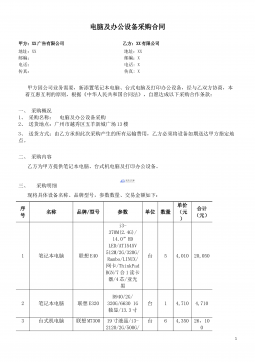
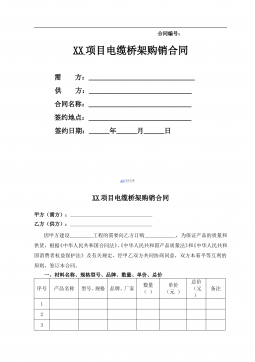
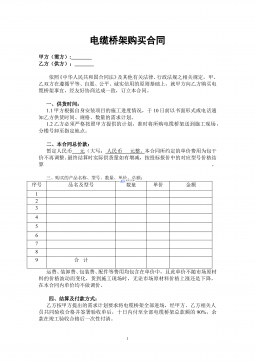
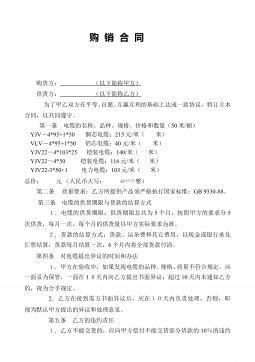
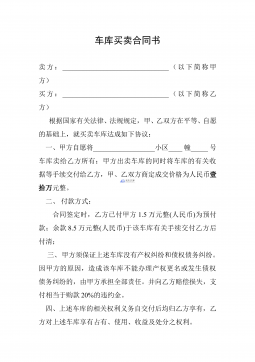
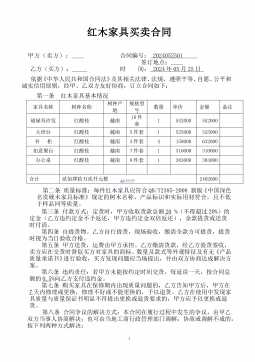


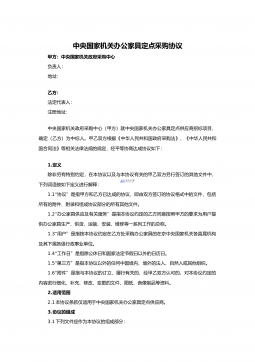
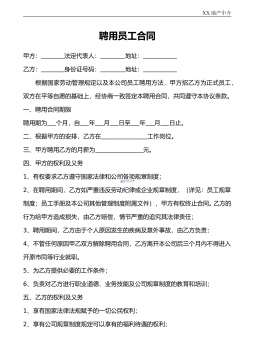
 渝公网安备50010702506394
渝公网安备50010702506394
